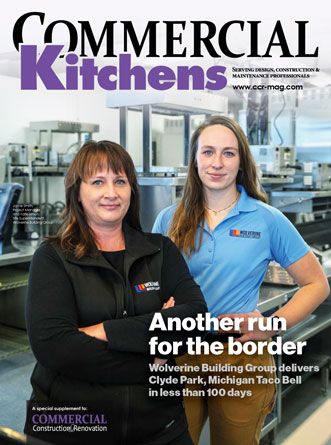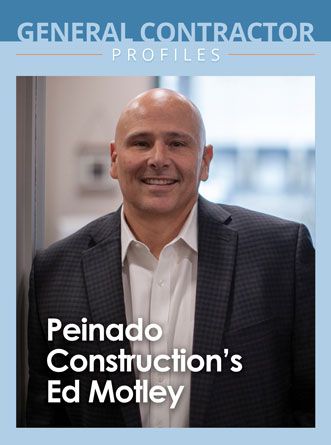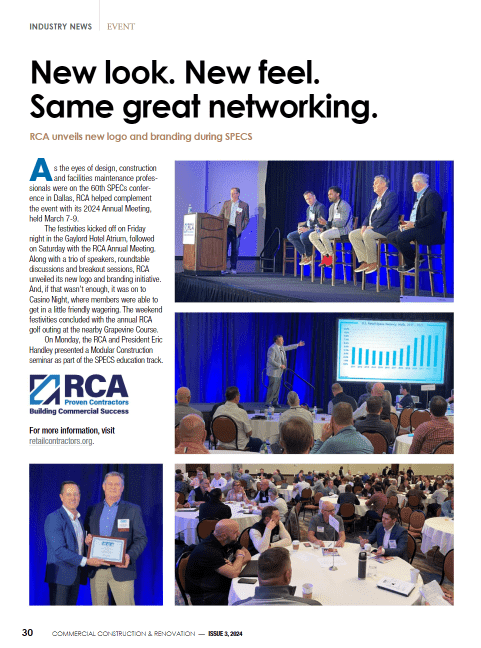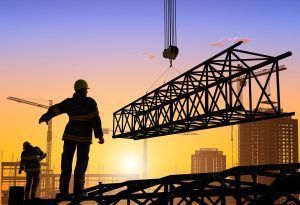
Construction is dangerous, whether residential or commercial. It’s dangerous for the workers and the people around them.
For people who work in construction, it can even be deadly.
For example, falls cause significant injuries in all age groups. If you work in construction and fall on the job, it can lead to ongoing head injuries, like a traumatic brain injury.
For construction companies and professionals, having the proper insurance is critical, whether you do commercial work or otherwise.
The following are some of the important things to know about construction insurance.
Insurance is Required
You are required to have insurance for every construction project. There may be requirements for specific types of insurance for you even to be awarded a contract.
Construction insurance can broadly cover you for materials, natural disasters, employees, and other risks.
With large-scale commercial projects, the work is often long-term, and it involves not just your business but many other contractors and subcontractors. You have wide-ranging exposure and you need insurance that’s broad and flexible but at the same time, well-coordinated.
Financial losses that you could experience as a commercial construction business include vandalism or theft, lost income, employee injury, illness or death, and liability claims.
There’s such diversity in the type of work commercial contractors do that not every type of commercial builder needs the same amount or type of insurance.
Your insurance should broadly be based on the number of employees you have, the particular type of work you do, and your company’s size.
Liability Insurance for Commercial Contractors
Commercial building construction companies at a minimum need liability insurance. Liability insurance protects you from bodily injury, property damage, and related lawsuits.
General liability insurance will protect you if your business is responsible for property damage or bodily injury to others.
To get your contractor’s license, you will need general liability insurance.
Liability insurance also protects you in cases of completed products and faulty workmanship.
If you have work vehicles, you may need commercial auto insurance to cover the vehicles you own and their drivers.
Professional liability insurance or a contractor’s errors and omissions insurance policy provide coverage if a client experience a loss because of any work you have done.
Commercial umbrella insurance is something to add an extra layer of protection to the rest of your liability policies.
Commercial umbrella insurance covers you once the limits of your other policies have been met. If there’s a claim that goes beyond the amount of coverage you have on other policies, then commercial umbrella insurance becomes effective.
Property Insurance
Another type of insurance relevant in the construction of commercial buildings is property insurance.
Property insurance protects things like you’re your construction materials, tools, and equipment, as well as your office space and the items contained in your office.
Property insurance will usually also have business interruption or loss of income coverage. If you can’t operate temporarily because of something like a storm, fire, or other covered insurance, then these types of coverage will reimburse your lost income and help you pay for ongoing expenses.
Builders risk insurance is coverage for theft, damage, or loss of equipment and tools while they’re at a worksite. It can also cover the structures under construction if they are damaged by things like vandalism, fire, wind, or hail.
Workers’ Compensation Insurance
Construction, as was touched on, is a dangerous type of work, and it’s common for employees to be injured.
The dangers can be even greater at large, commercial sites.
You have to protect your employees.
Workers’ compensation insurance is coverage for when accidents occur in a workplace.
If you have an employee who receives medical care and they lose income during their recovery, then their workers’ compensation offers income protection. It doesn’t matter who is at-fault with workers’ compensation insurance.
Bonds
Construction sureties or building bonds are another form of protection in the construction industry.
Contractor bonds are often required to get jobs.
For example, for a project owner to accept your bid, you may need contractor bonds.
There are different types of surety bonds.
For example, there are bid bonds, performance bonds, maintenance bonds, and license and permit bonds.
Typically if you’re working with an insurance agent who has experience working with commercial building insurance, they can help you get needed surety bonds.
The idea of these surety bonds is that customers have an assurance they will receive the completed work and services they are guaranteed.
Specific types of bonds are:
- Bid bonds: These bonds are to guarantee that bid proposals are legitimate and serious and that the contractor if chosen, can financially support the project.
- Performance bonds: The goal of these is to make sure the contractors follow standards and complete the project as it’s laid out in the contract.
- Payment bonds: These are a way to guarantee a contractor will be able to pay laborers and subcontractors, and suppliers.
- Maintenance bonds: This protects the owner of a project from workmanship that’s defective or faulty materials for a period of time after work’s complete.
- Subdivision bonds: These are bonds that serve as a guarantee to a municipality that the bondholder will follow local guidelines and requirements in developing the property.
Inland Marine Insurance
Inland marine insurance isn’t exclusive to the construction industry.
Inland marine insurance can help protect different types of property, including property in transit, as well as property that’s in the custody of a storage facility.
It can cover:
- Contractors’ supplies, equipment, and tools
- Mobile equipment like loaders, cranes, and forklifts
- Leased or borrowed equipment
- Computer equipment as well as data
Finally, commercial construction insurance isn’t always required by law, but most projects will require it. If you’re a small residential contractor you usually won’t need as much insurance, but if you’re working with local governments, universities, and big companies they’re almost always going to require that you are fully covered.

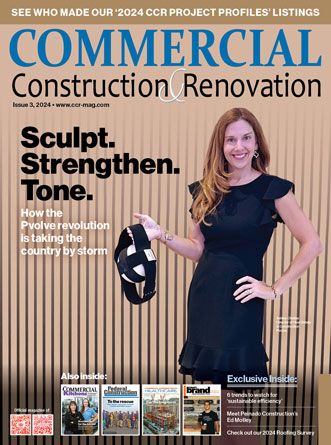




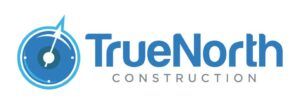
 The 2024 virtual Men’s Round Table will be held Q4, 2024, date TBD.
The 2024 virtual Men’s Round Table will be held Q4, 2024, date TBD.


